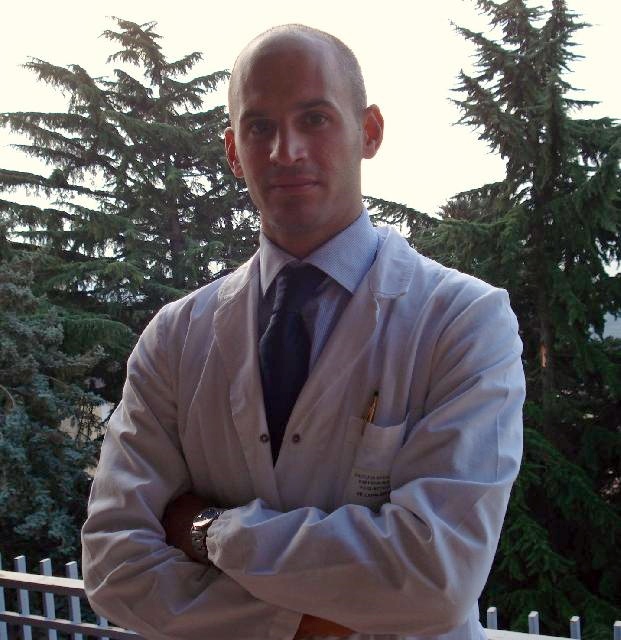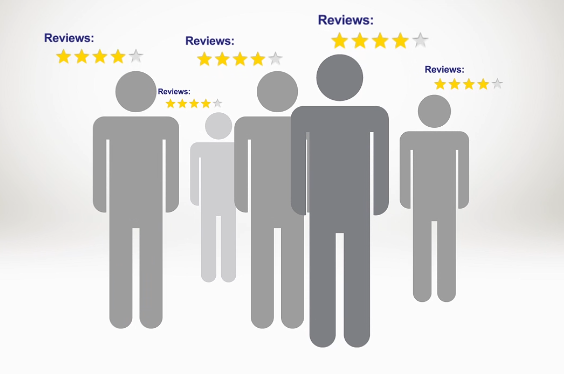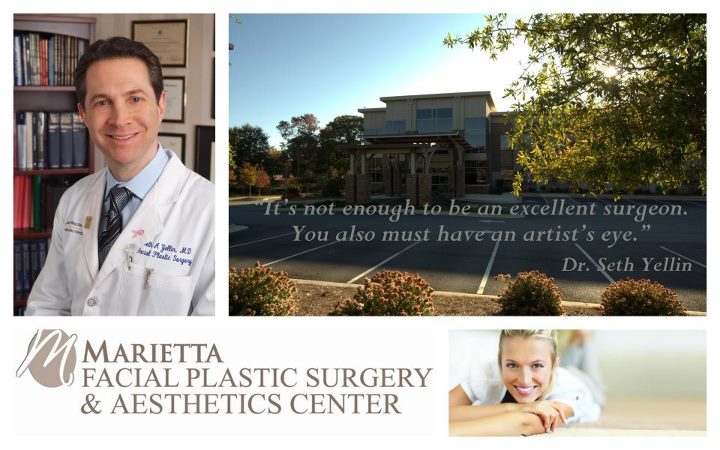Cosmetic Medicine = Patient Complaints
/ In 2010, a Customer Experience Report showed that poor quality and rude customer service is the main reason why a customer leaves a businss. I'ts the same deal for your clinic. It is not about price, instead it all boils down to proper customer service.
In 2010, a Customer Experience Report showed that poor quality and rude customer service is the main reason why a customer leaves a businss. I'ts the same deal for your clinic. It is not about price, instead it all boils down to proper customer service.
Everyone's who's worked in any cosmetic practice has dealt with the overly-demanding, never happy patient, many of whom are particularly hard and abusive of your staff. The way you deal with these patients can have a pretty dramatic effect on how many headaches you have to deal with, and how productive your team is. (You'll also lighten the potential downside of any potential medical liabilities since patients who like their physicians are much less likely to sue.)
Here are some tips in dealing with irate patients and complaints in general:
Compose yourself. As Forbes puts it, Remember, the customer is not angry with you, they are displeased with the performance of your treatment or (most commonly) the quality of the service you provide. Your personal feelings are beside the point.Think about the situation positively.
Listen well. Give your complete focus to your customer, and make sure they know it. Allow your client to tell her side of the story. Do not interrupt her while he narrates his side of the story. Be an active listener.
Be emphatic. Your body language should communicate that you understand why your patient is upset. Empathize with her. Respect and understanding go a long way toward smoothing things over.
Apologize. The legitimacy of the customer's complaint does not matter. If you want to keep your patient and difuse the situation, you will need to apologize for the problem that they have or perceive to be having. A simple and straightforward "I'm sorry" can do miracles in diffusing a customer's emotional rant.
Present a Solution. When you have the solution to the client's problem, tell her that you would correct the situation immediately. If you can't take care of it immediately, ask for your patients opinion on how she wants to address the situation. Allow her to identify what will make her happy. Work a solution together. Explain the steps that you are going to do to fix your patient's problem.
Take Action. It is important that you do what you have promised your client. This is crucial in fixing your relationship with unhappy patients.
You can always go beyond expectations. You may also give out gift certificates or coupons to "compensate" for your client's inconvenience. You can make a follow-up call a few days later to your client to make sure that she is happy with the resolution.
Of course, experience is the best teacher. Every encounter with a client is a unique one but every experience is a great chance to improve your relationship.
Each complaint is an insight for you to improve your business better. Proper resolution of complaints will surely increase client loyalty.
Read more on:
http://www.forbes.com/sites/thesba/2013/08/02/7-steps-for-dealing-with-angry-customers/
http://www.restaurantdoctor.com/articles/complaint.html#ixzz3YqYaWMQZ
http://www.mindtools.com/pages/article/unhappy-customers.htm












